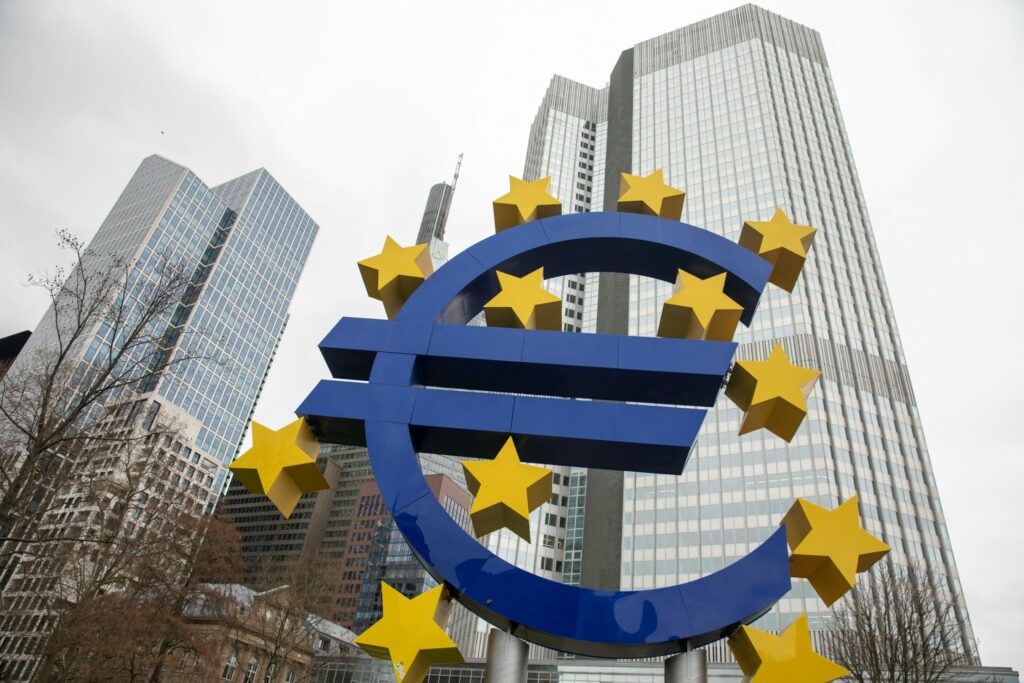The European Central Bank (ECB) has lowered the interest rate for the fifth time in a row. The deposit rate has now been set at 2.5 %, as decided by the board of the European Central Bank on Thursday.
This is the sixth interest rate cut since June last year. Only at the policy meeting in July 2024 have interest rates remained unchanged since then.
The deposit rate is the interest rate that banks receive when they park excess funds overnight at the ECB. The ECB uses this rate to steer monetary policy.
By lowering the interest rate, borrowing money becomes cheaper. The ECB hopes to stimulate the economy in the eurozone in this way. Conversely, an interest rate increase should slow down economic growth and associated inflation.
According to the ECB, the reduction of inflation, the "disinflation process", is now well on track. This year, an average of 2.3% inflation is expected in the eurozone, followed by 1.9% in 2026 and 2% in 2027.
However, the inflation forecast has been raised. "The upward adjustment of the total inflation for 2025 can be attributed to stronger dynamics in energy prices," according to the explanation of the interest rate decision. But according to Frankfurt, most measures indicate that inflation will stabilise "sustainably: around the desired 2% in the medium term.
The forecasts for economic growth have also been lowered again, to 0.9% for 2025, 1.2% for 2026 and 1.3% for 2027. "The economy is facing persistent challenges," it says. The ECB explains the reductions for 2025 and 2026 by lower exports and investments that remain weak. The latter is "partly due to high uncertainty about trade policy and broader policy uncertainty." International trade policy is currently in the grip of import tariffs that the US is announcing.
'Risks and uncertainty everywhere'
ECB President Christine Lagarde said the ECB cannot commit in advance to the next stage of its monetary policy and rate cuts. "The eurozone is facing risks and uncertainty everywhere, and in these circumstances, our determination is obviously to reach our destination, but we will do so without committing ourselves in advance to any particular path."
The ECB President also warned against "an escalation of trade tensions" and its consequences for the eurozone, in the face of the tariffs announced by US President Donald Trump. This would "reduce growth in the eurozone by curbing exports and weakening the global economy."
A massive increase in spending on defence and infrastructure could stimulate growth in the eurozone, but Lagarde said it could also put pressure on prices.
"We need to understand how this will work, what the timetable will be, what the financing will be, so that we can draw conclusions and assess the contribution to growth and the impact on inflation," she stressed, referring to the hundreds of billions of euros of investment announced this week by Germany and the EU.

